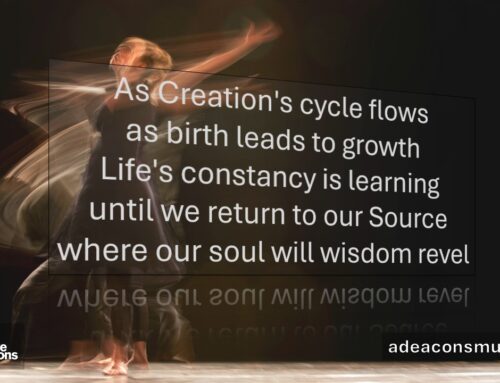Recently, here in Manitoba, the city of Brandon released a proposed budget that indicated taxes would increase by as much as 20%. And, as you can well imagine, there has been A LOT of response and most of it, well at least all that I have heard through traditional media, has transmitted voices of discontent, disagreement and, in some cases, anger.
I am not writing either to approve or disapprove of the choices of a possible municipal budget, especially when I do not live in that context. What I have found most interesting, however, is the clear bias in the media that this is, in fact, a bad idea. And, regardless of whether or not this is the case, it confounds me that there seems to be no balance in regard to the context of taxation, most significantly owing to the historical context of the Prairies, Manitoba and, in many ways, Winnipeg itself!
Much of the concern in Brandon has to do with the fact that there are, from what I understand, four collective agreements that require an increase in the municipal budget line. In a province where collective bargaining, labour rights and the social good has a rich history, I admit, therefore, that I am concerned that we are not discussing our historical connexion to the need for a collective social-democratic network that offers all an aspired to equal playing field …
This brief, and albeit glossed, history is not part of the current narrative within traditional media. Moreover, the challenges to this infrastructure, which arose from the Social Gospel movement within Canada during the early 20th Century, has been challenged by a 30 year fiscal policy that I believe is clearly akin to libertarian economics.
Though a libertarian programme would contend that the state has no role in the lives of the individual (i.e. taxation, social programming and/or limitation on financial endeavours) and that left to our own devices the social good can be realised, the underlying supposition is that all members of society are playing on an equal footing or, at the very least, can aspire to such. From a United Church of Canada understanding, however, articulated through the social good and often practiced on any Sunday during the Prayers of Confession, we realise that human society has and does create systems that benefit others to the detriment of others. And, in turn, much of the reason why we – as Canadians – enjoy what we do as citizens within this country is connected to a taxation system that evolved form that historical context, which recognised that sometimes we need to hold one another with care.
So back to Brandon … and in many cases current Canadian realities, we have slowly changed the narrative from the social good to one that places us against the state/government vis-à-vis taxation. As well, we have divested or simply stopped investing in municipal infrastructure by decreasing/failing to match taxation to our expectations. Now we have a collective and national deficit in respect to what we can afford on the one hand, and what we all expect to be provided through our taxes, on the other. And, when this financial crisis arises and politicians must confront the deficit through increased taxes the response is as though we are being taken for a ride, as opposed to any recognition that we have democratically enabled government – municipal, provincial and federal – over the last few decades to rationalise shifting the conversation from the social good to individual libertarian entitlement.
Okay, hold on, my rant is almost over … I am not saying whether this is right or wrong – though I have a strong inkling my bias for the Social Gospel is clear, but the only wrong vote/choice/decision is an uninformed one. And, therein, lays my concern: while we begin to collectively realise our infrastructure deficits, the only narrative we are hearing clearly ignores the history of why we have the system we do. If we do not acknowledge the context of such a history we cannot make informed choices. And – perhaps equally disturbing – we may very well recreate the same circumstances that led to the discontent in 1919 and the collapse of the economic system in the dirty 30s and, some would contend, that are again being echoed in the Occupy Wall Street Movement that is afoot within our own context. And, should this rant actually resonate, our denomination’s experience with the social good, as articulated through the Social Gospel, is as appropriate almost a century ago as it is today!








Your reflections are most welcome!